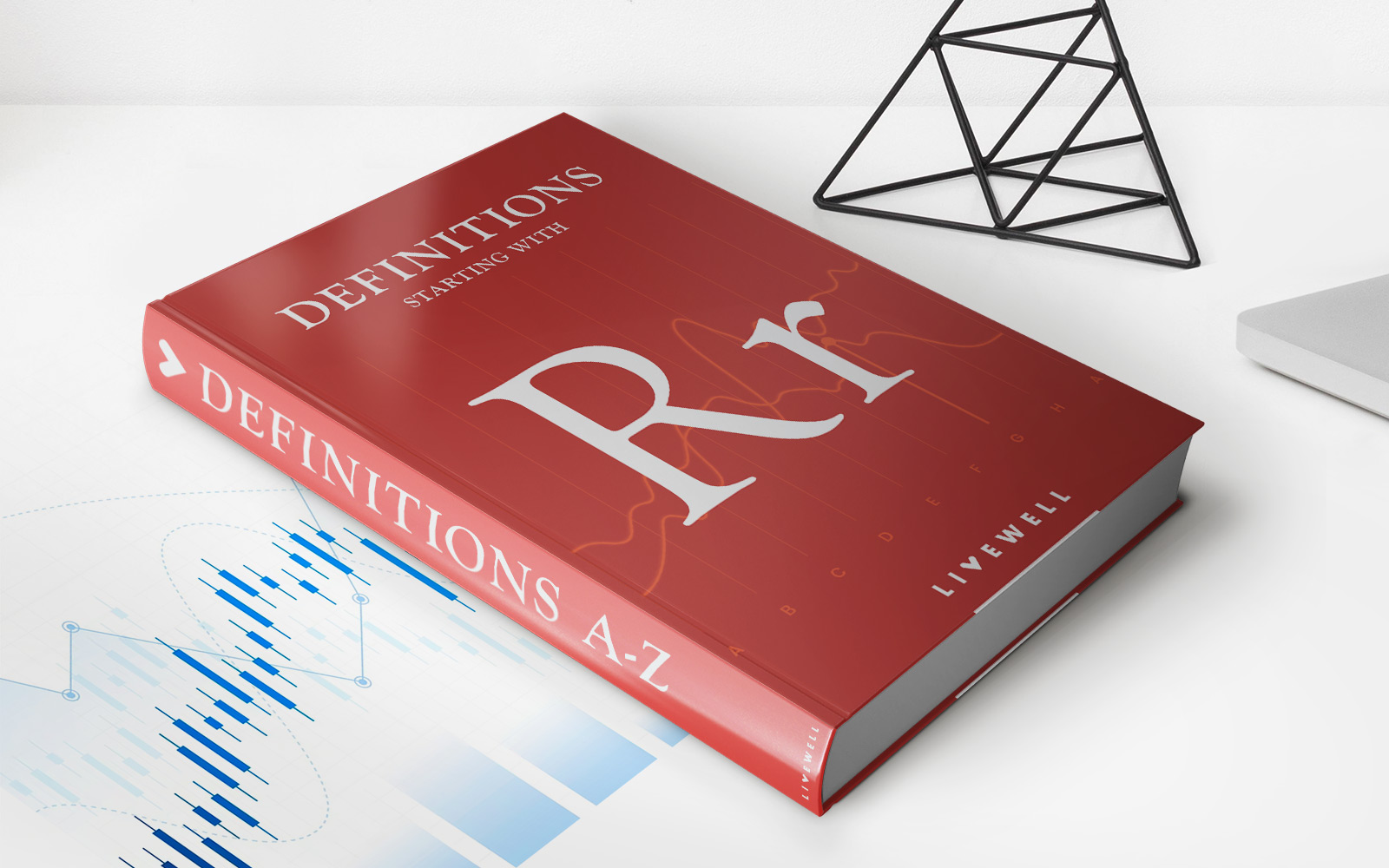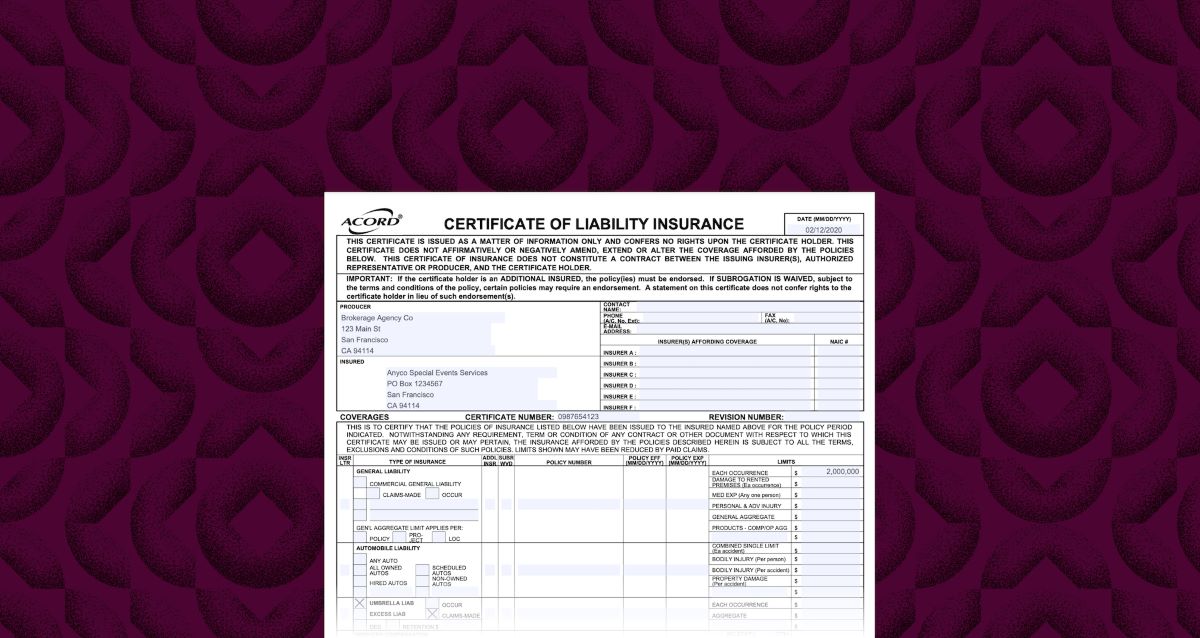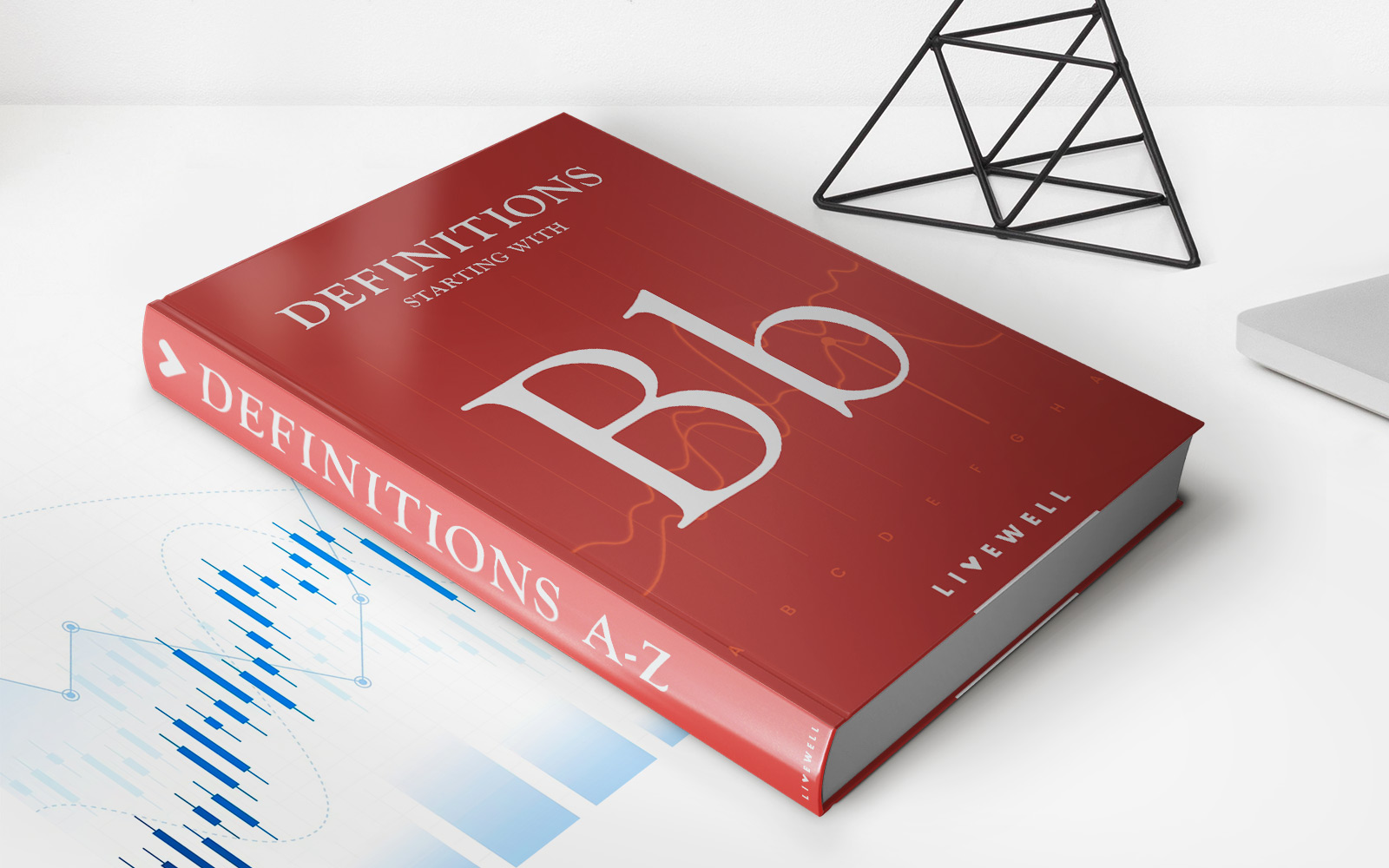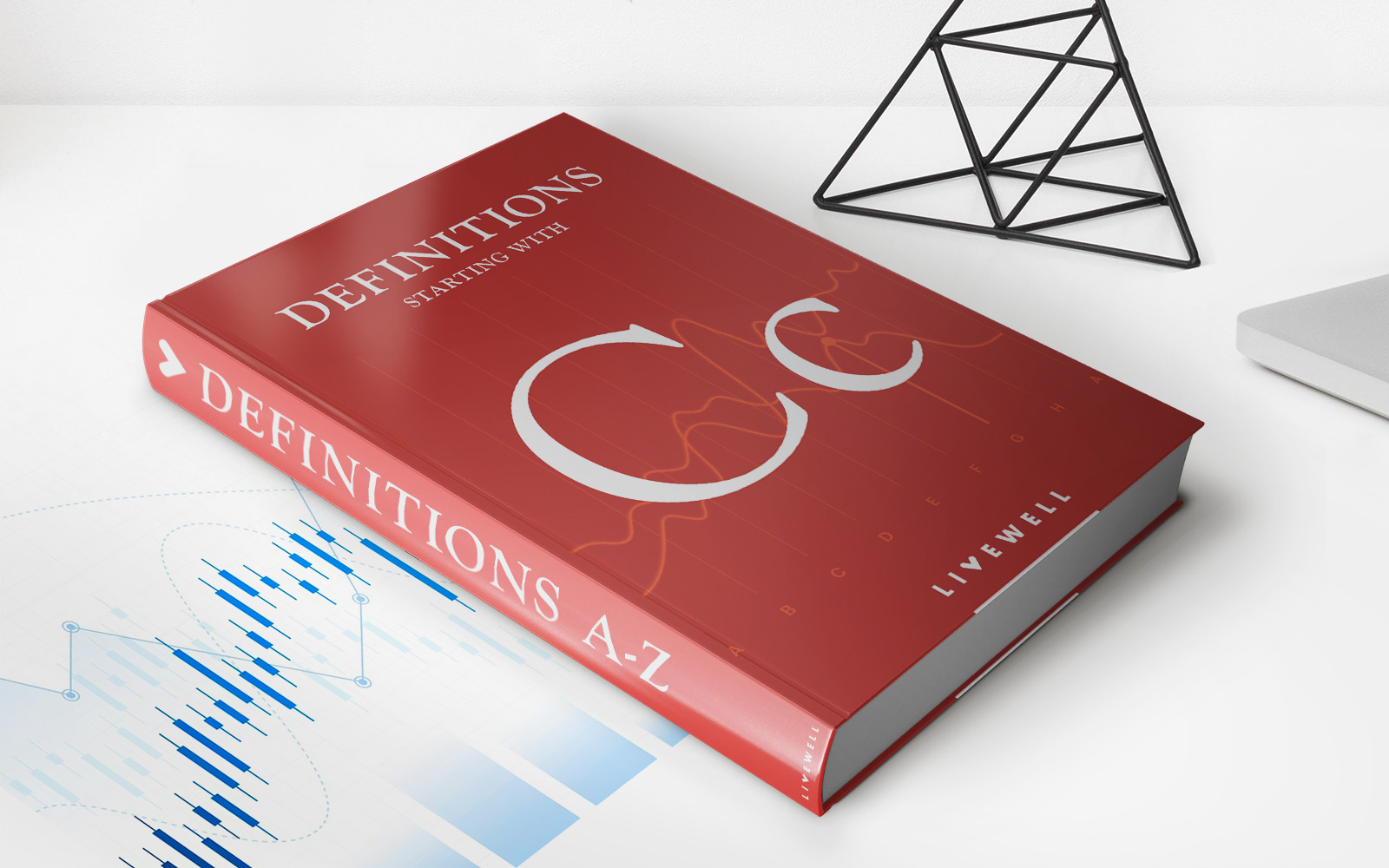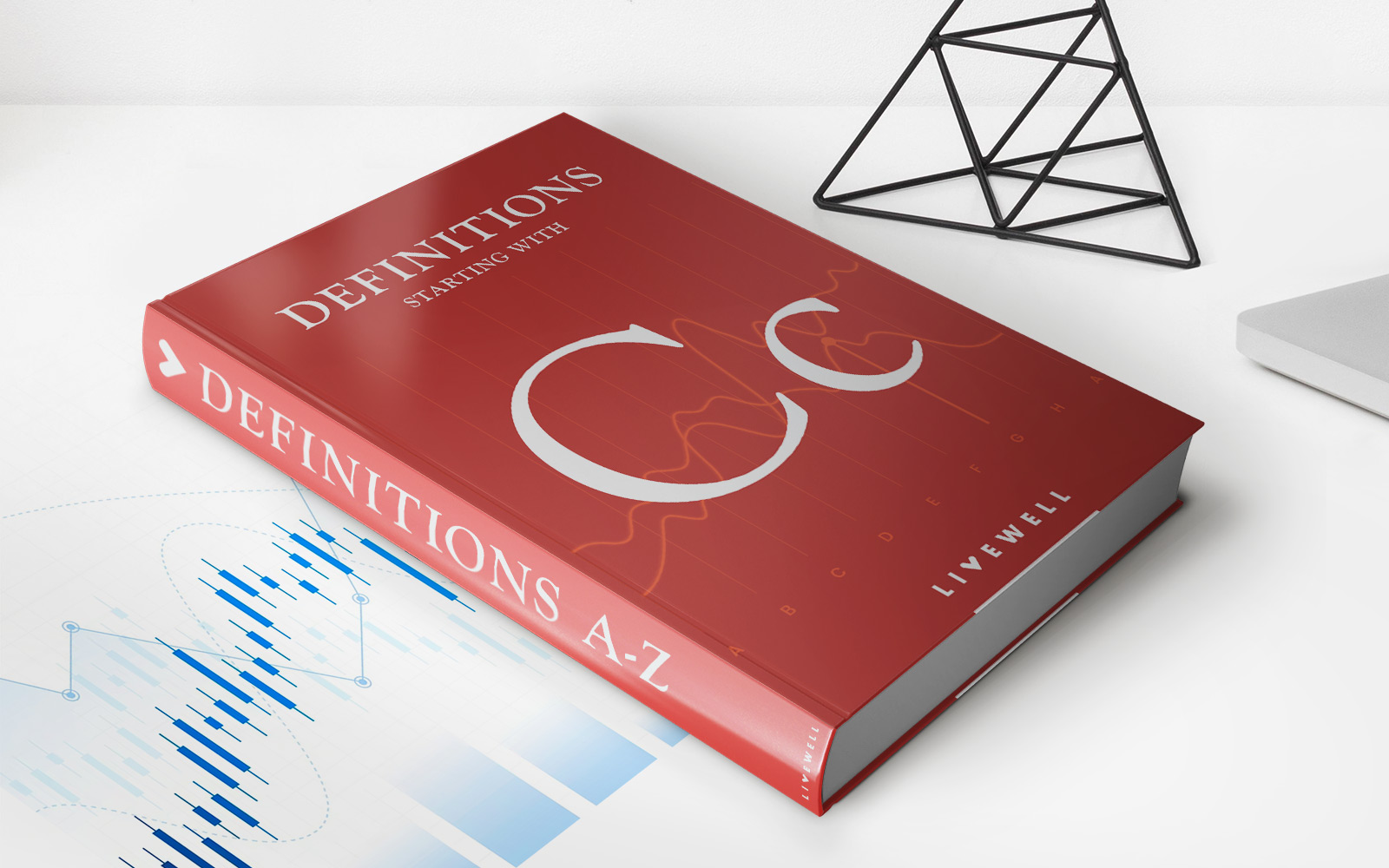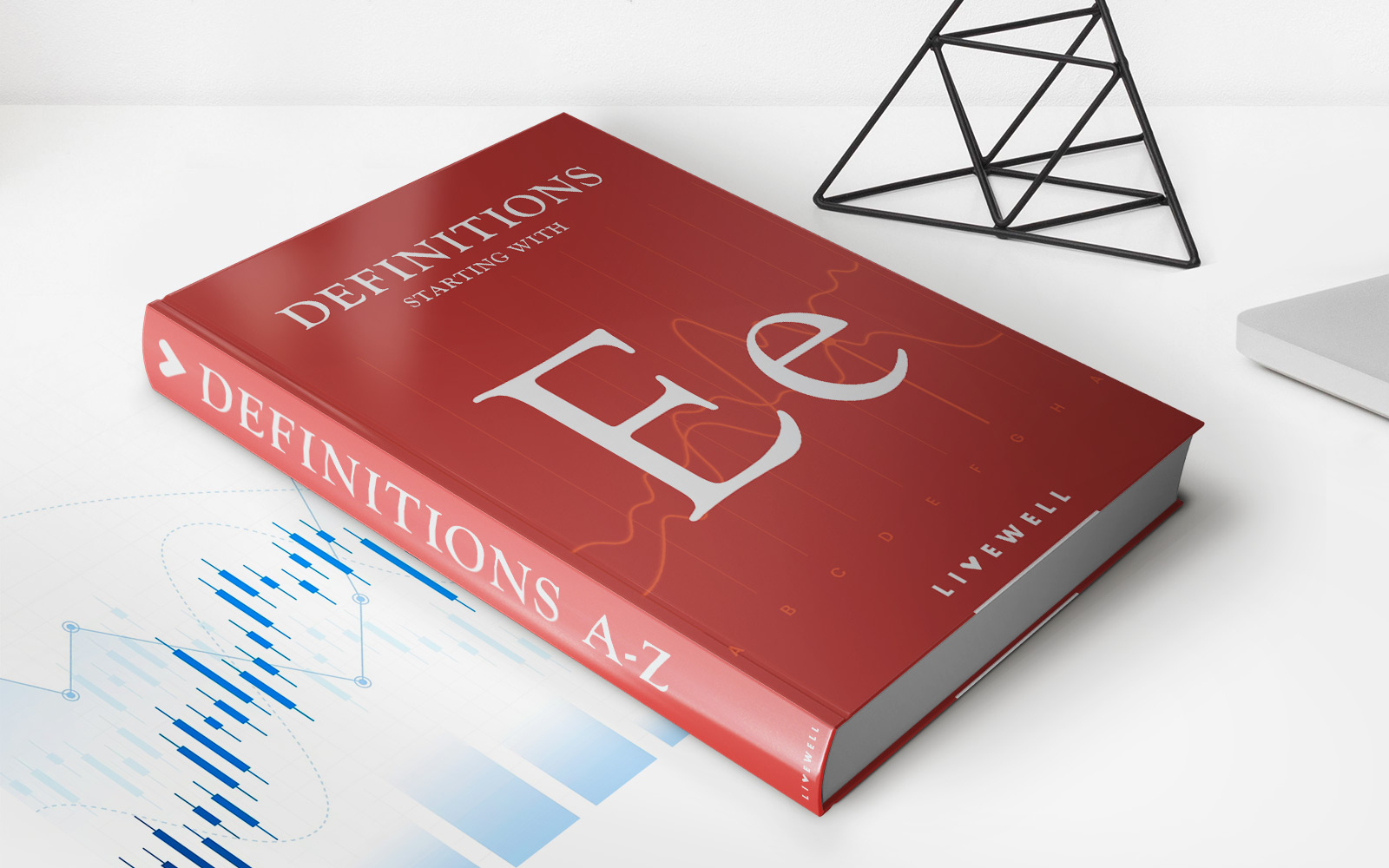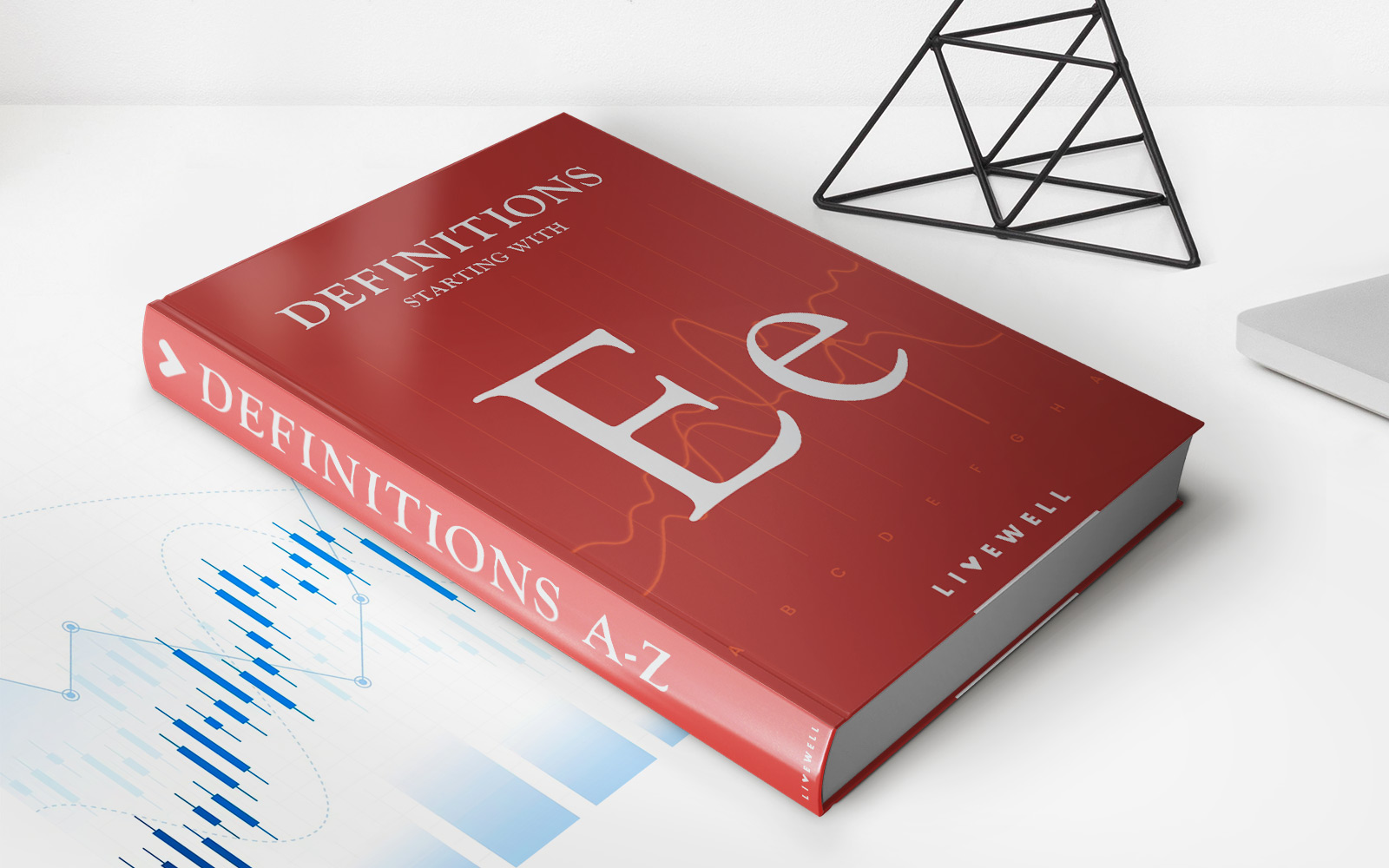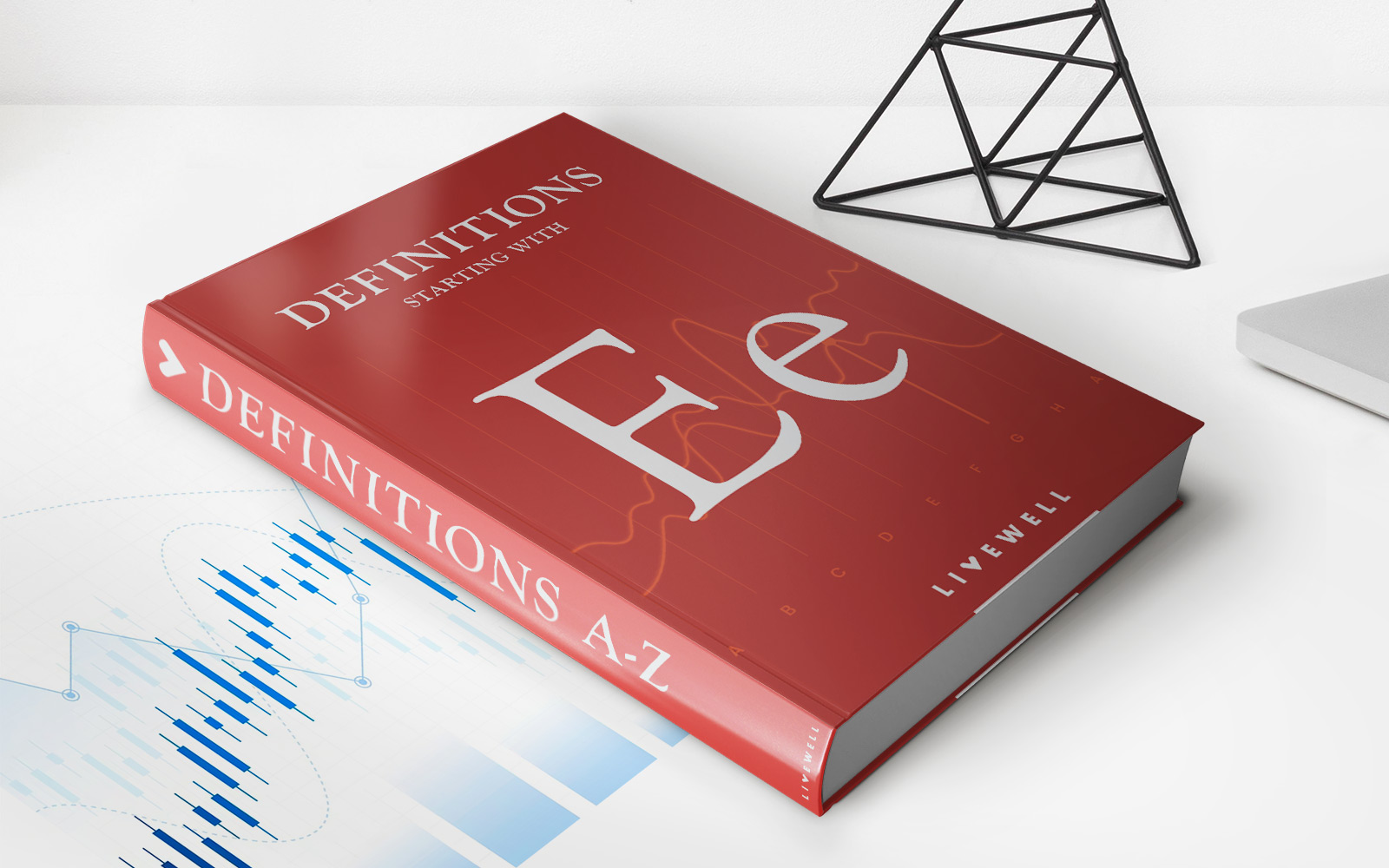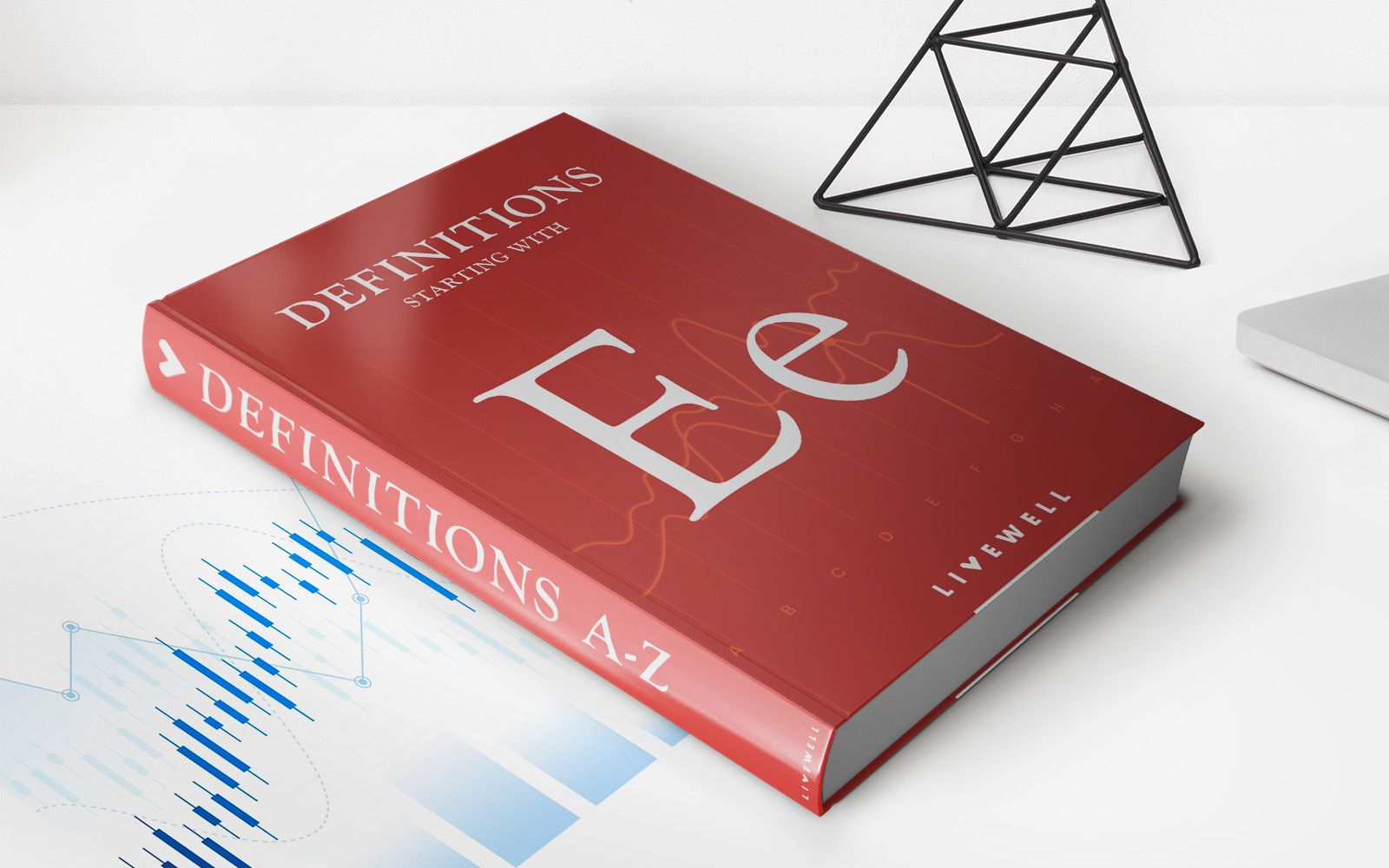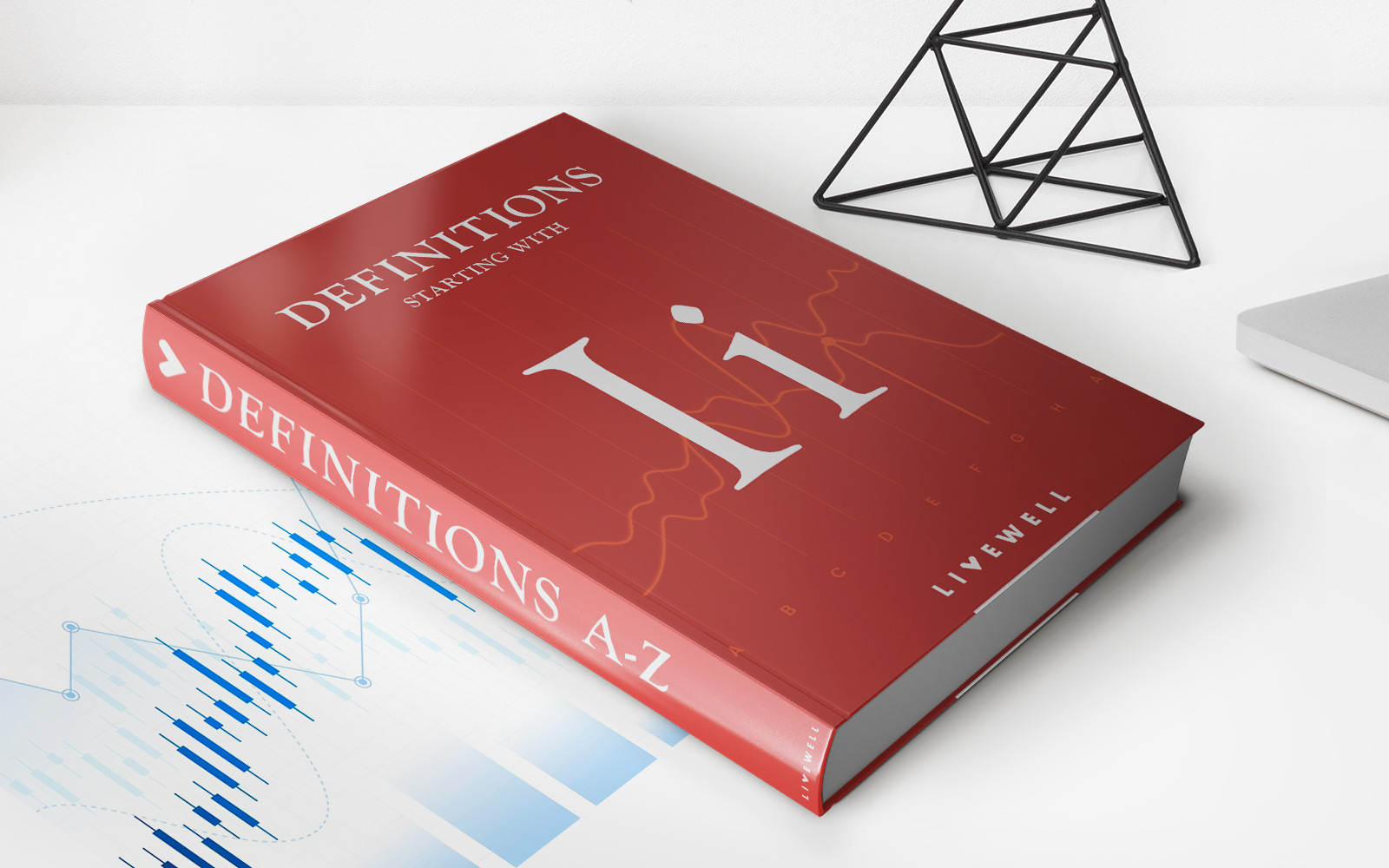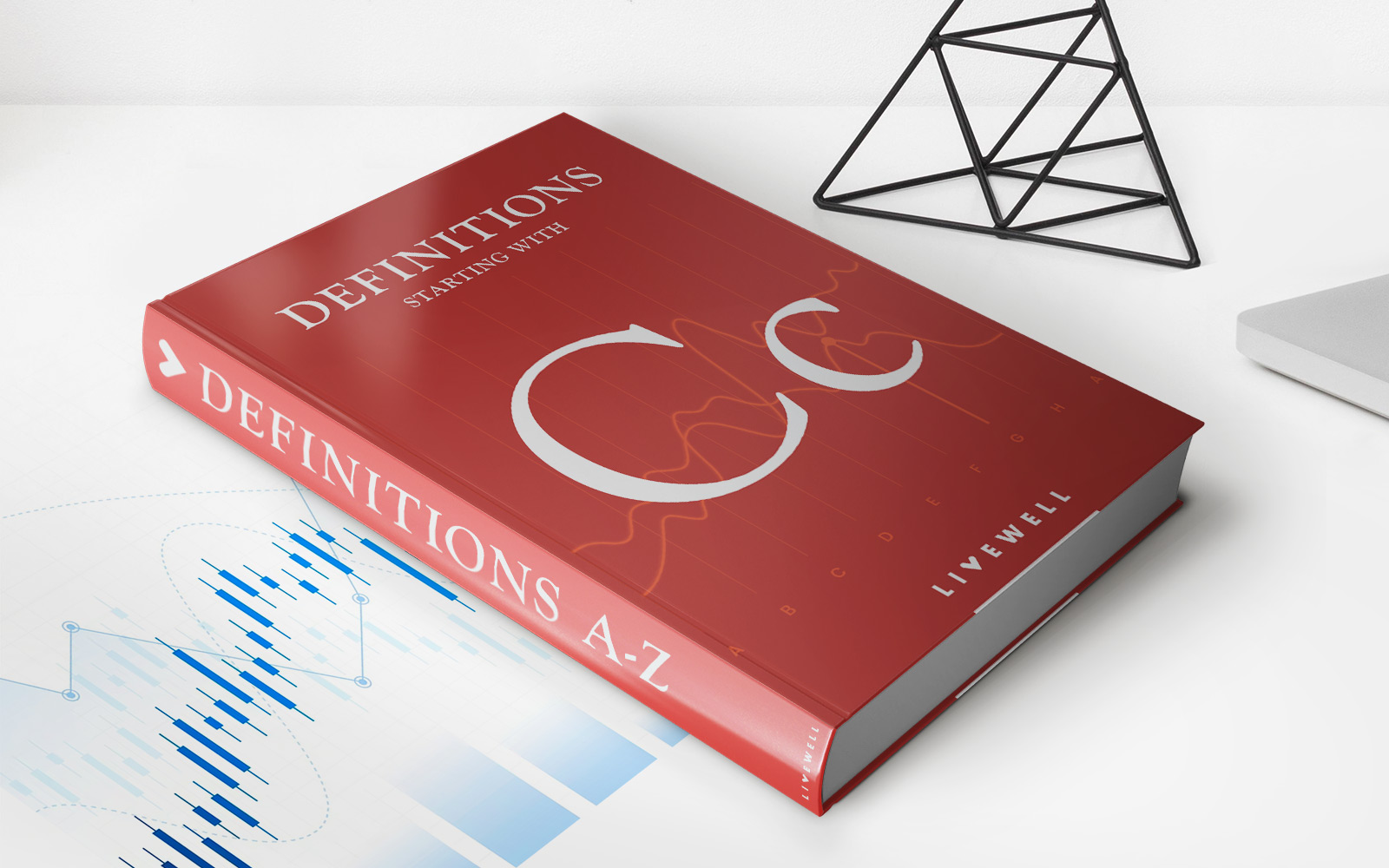Home>Finance>Renewable Energy Certificate (REC): Definition, Types, Example
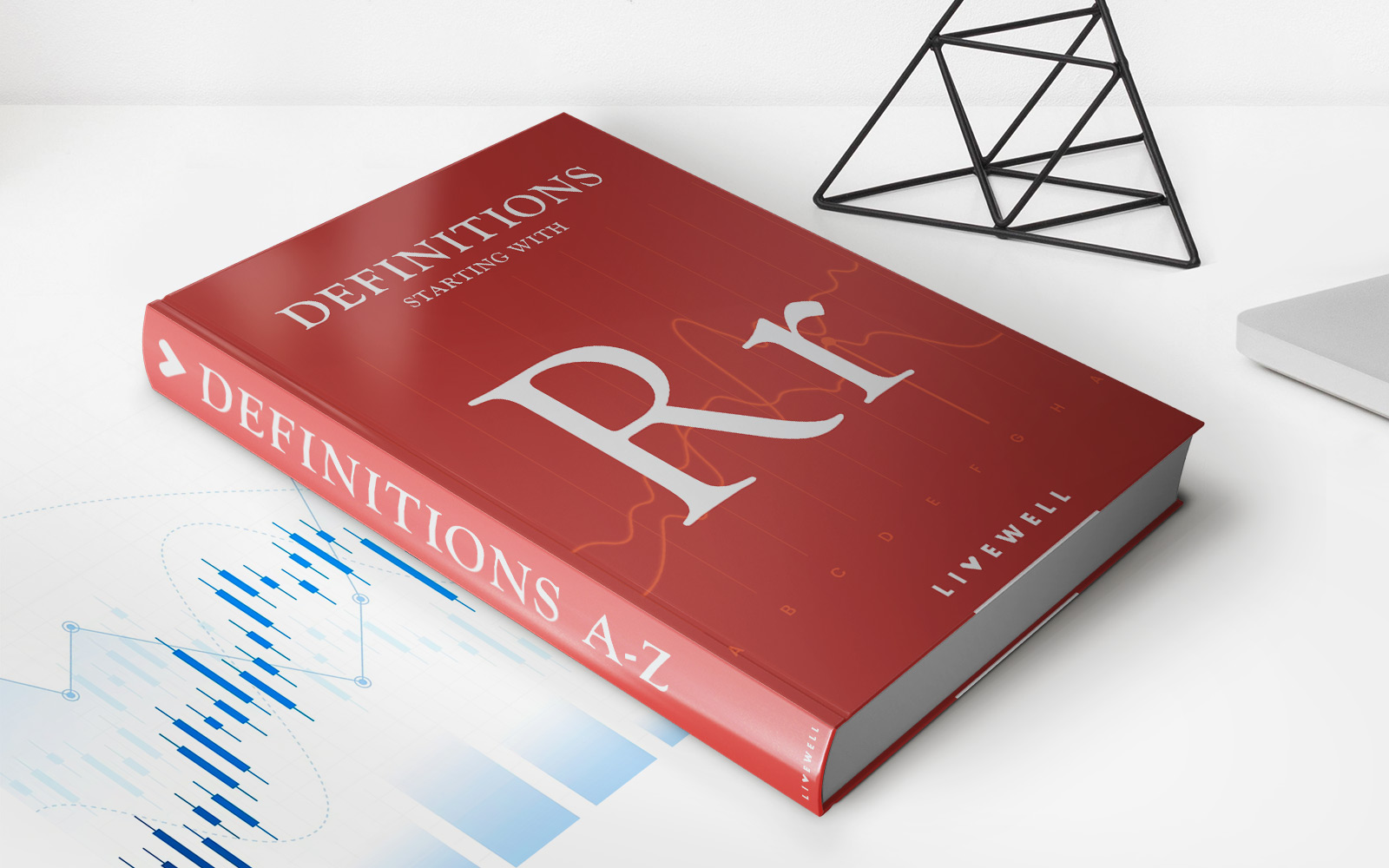

Finance
Renewable Energy Certificate (REC): Definition, Types, Example
Published: January 18, 2024
Learn about Renewable Energy Certificates (RECs) in finance. Understand the definition, types, and see examples. Enhance your knowledge in renewable energy finance.
(Many of the links in this article redirect to a specific reviewed product. Your purchase of these products through affiliate links helps to generate commission for LiveWell, at no extra cost. Learn more)
Rewind with Renewable Energy Certificates (REC)
Are you curious about how renewable energy is tracked and traded? Look no further! In this blog post, we will explore everything you need to know about Renewable Energy Certificates (REC), from its definition to its different types and provide you with a real-world example. So, let’s dive in!
Key Takeaways:
- Renewable Energy Certificates (RECs) are tradable environmental commodities that represent the environmental attributes associated with generating renewable energy.
- RECs certify that a specific quantity of renewable electricity has been generated and added to the grid, allowing businesses and individuals to claim the environmental benefits of supporting renewable energy.
Defining Renewable Energy Certificates (RECs)
Rewritable, reusable, and packed with environmental goodness, Renewable Energy Certificates (RECs) are the eco-friendly superheroes of the energy world. RECs are tradable instruments representing the environmental benefits of producing renewable energy. They are created when a renewable energy generator produces one megawatt-hour (MWh) of electricity and registers it as a REC.
RECs serve as a way to track and encourage the growth of renewable energy generation. They provide proof that renewable energy has been generated and added to the grid, making it possible for businesses, organizations, and even individuals to support renewable energy without physically owning a renewable energy facility.
Types of Renewable Energy Certificates (RECs)
Renewable Energy Certificates come in various types, each corresponding to a specific renewable energy source:
- Solar Renewable Energy Certificates (SRECs): These RECs are created when solar power plants generate electricity and contribute it to the grid. SRECs are valuable in regions with solar carve-out targets or solar renewable portfolio standards.
- Wind Renewable Energy Certificates (WRECs): Wind power projects generate WRECs when they produce electricity and inject it into the grid. WRECs are often in demand in areas supporting wind energy generation.
- Biomass Renewable Energy Certificates (BRECs): Power plants that generate electricity by utilizing organic matter, such as agricultural waste or wood chips, create BRECs.
- Geothermal Renewable Energy Certificates (GRECs): Generated from geothermal power plants, GRECs represent renewable energy generated by harnessing the Earth’s natural heat.
Example of Renewable Energy Certificates (RECs)
Let’s say you run a business and want to commit to using renewable energy. However, due to various circumstances, such as the lack of available space or resources, installing a solar or wind energy system is not feasible on your premises. This is where RECs come into play.
You can purchase RECs from a renewable energy generator, for example, a wind farm. By purchasing these RECs, you are effectively supporting and promoting renewable energy generation. Each REC represents the environmental attributes of one megawatt-hour of electricity generated by the wind farm and added to the grid.
Now, with your purchased RECs, you can claim and market your business as “powered by renewable energy,” reducing your carbon footprint and demonstrating your commitment to sustainability.
The Power of Renewable Energy Certificates (RECs)
Renewable Energy Certificates (RECs) play a crucial role in the transition to a greener future. Here are two key takeaways to remember:
- RECs are tradable instruments that represent the environmental benefits of generating renewable energy.
- Purchasing and owning RECs allow businesses and individuals to support renewable energy without physically owning a renewable energy facility.
So, whether you’re a business aiming to be environmentally responsible or an individual who wants to make a positive impact, RECs offer a viable solution to contribute to the growth of renewable energy. Let’s turn the tide towards a cleaner and more sustainable future together!
